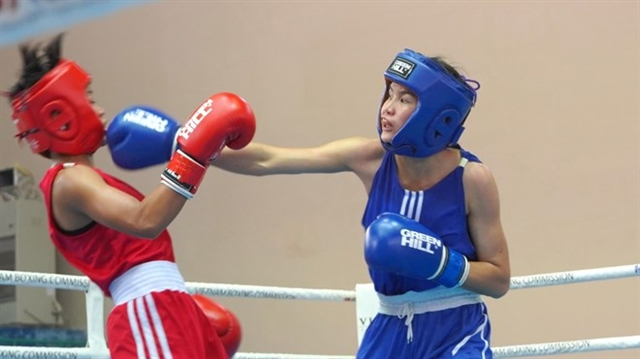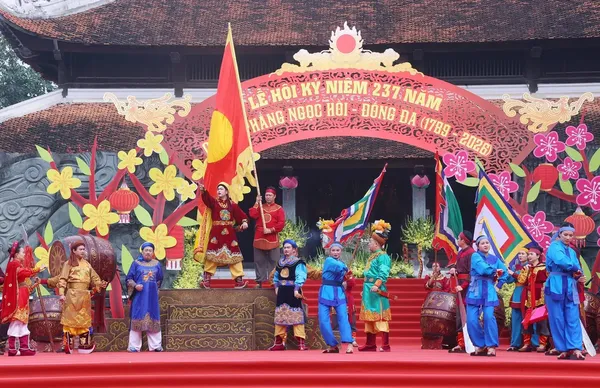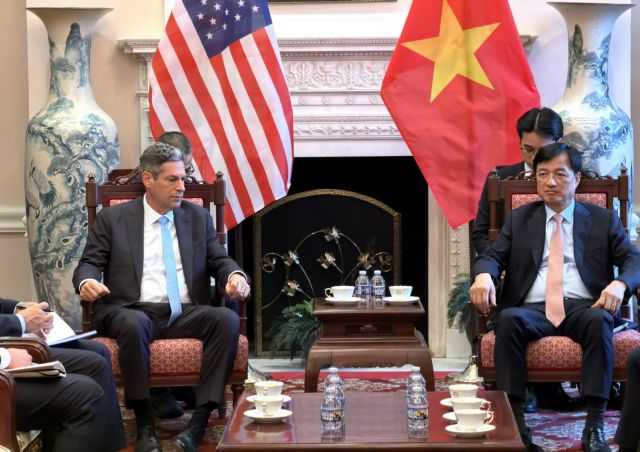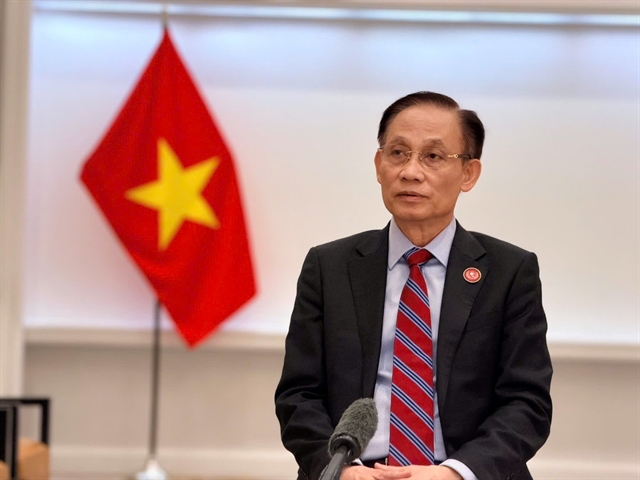 Politics & Law
Politics & Law
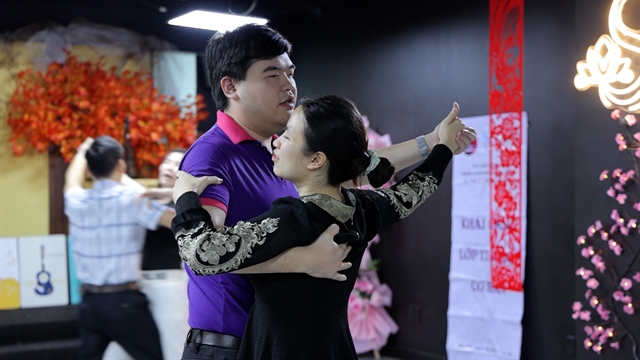
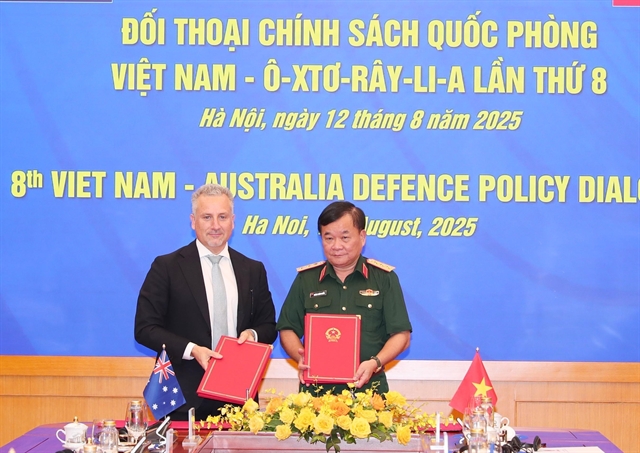 |
| Senior Lieutenant General Hoàng Xuân Chiến, Deputy Minister of National Defence of Việt Nam (right), and Hugh Jeffrey, Deputy Secretary General of the Australian Defence Department sign a three-year cooperation plan for 2025 – 2027. — VNA/VNS Photo Trọng Đức |
HÀ NỘI — Defence cooperation between Việt Nam and Australia has grown robustly and effectively across multiple fields, reflecting the strength of their comprehensive strategic partnership, Senior Lieutenant General Hoàng Xuân Chiến affirmed at the 8th Việt Nam–Australia Defence Policy Dialogue.
Co-chaired by Deputy Minister Chiến and Hugh Jeffrey, Deputy Secretary General of the Australian Defence Department, the dialogue showcased the steady progress in bilateral defence ties.
Senior Lieutenant General Chiến highlighted key areas of collaboration over recent years, including joint training, United Nations peacekeeping missions, military affairs coordination, intelligence sharing, military medicine, war legacy clearance, search and rescue operations, and defence industry development.
He reaffirmed the Vietnamese Ministry of National Defence’s strong support for the ASEAN-Australia Comprehensive Strategic Partnership and applauded the Australian Ministry of Defence’s efforts to deepen defence cooperation with ASEAN. This includes the successful organisation of the inaugural Australia-ASEAN High-Level Defence Dialogue in May.
Senior Lieutenant General Chiến also praised Australia’s active and constructive role in regional multilateral forums, particularly the ASEAN Defence Ministers Meeting Plus (ADMM+), underscoring the importance of such platforms in promoting peace and security across the region.
Senior Lieutenant General Chiến suggested the two sides strengthen cooperation and realise cooperation between military services and border management; effectively implement the three-year cooperation plan (2025-2027) as well as the Peacekeeping Partnership Agreement signed at the end of last month.
Emphasising that training cooperation is the foundation of defence relationship between the two countries, Deputy Minister Chiến hopes that the Australian Ministry of Defence will consider increasing the number of undergraduate and master's scholarships in different majors that Việt Nam needs, and welcomes Australia to continue sending soldiers to study at the Academy of Military Science and the National Defence Academy.
During the dialogue, the two sides discussed the world and regional situation and issues of mutual concern.
Senior Lieutenant General Chiến affirmed that Việt Nam consistently pursued a foreign policy of independence, self-reliance, peace, friendship, cooperation and development.
Việt Nam is ready to cooperate with other countries and international organisations for peace and development, and persists in the 'four no' defense policy including no participation in military alliances; no alliance with one country to fight another; no foreign military bases or use of Vietnamese territory to fight against another country; no use of force in international relations.
Việt Nam advocates resolving all disputes and disagreements in the East Sea (internationally known as the South China Sea) by peaceful means based on international law, including the United Nations Convention on the Law of the Sea (UNCLOS 1982); the Declaration on the Conduct of Parties in the East Sea (DOC); promoting the early conclusion of a substantive and efficient Code of Conduct in the East Sea (COC).
Australian Deputy Secretary General of Defense Hugh Jeffrey agreed with the Vietnamese part’s assessment.
Expressing his delight at the development in relations between the two countries, Jeffrey affirmed that defence cooperation was one of the main pillars contributing to the development.
He hopes that the two sides will expand and strengthen closer defence cooperation in the coming time, thereby overcoming common challenges together.
Regarding the East Sea issues, Jeffrey said that it was necessary to maintain respect for each country's sovereignty, international law and common rules.
At the end of the dialogue, the two sides signed a three-year cooperation plan for 2025 - 2027. — VNS

